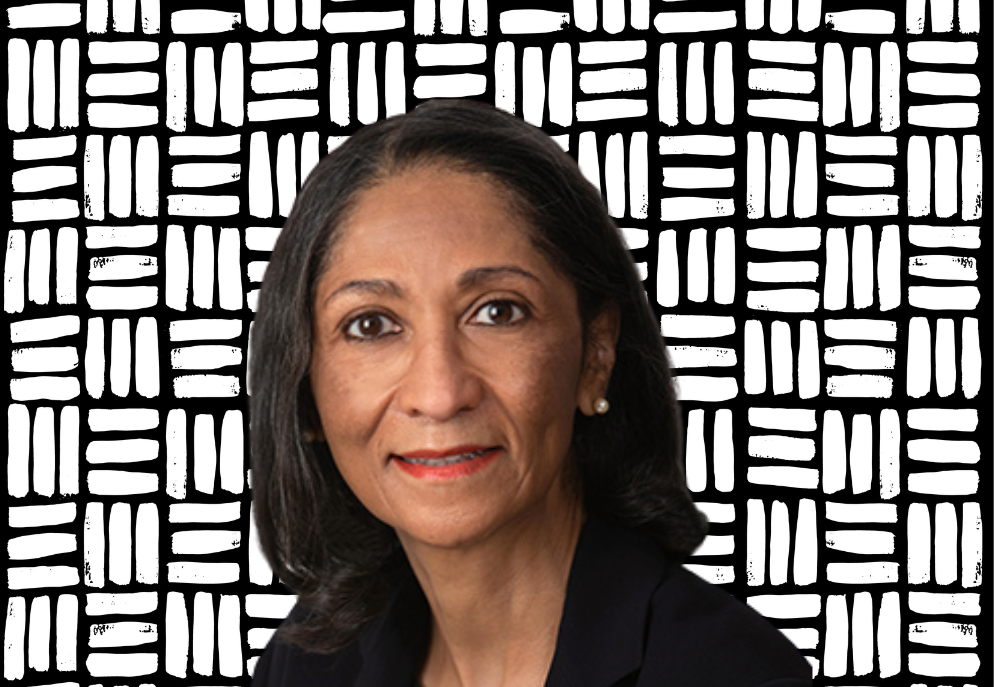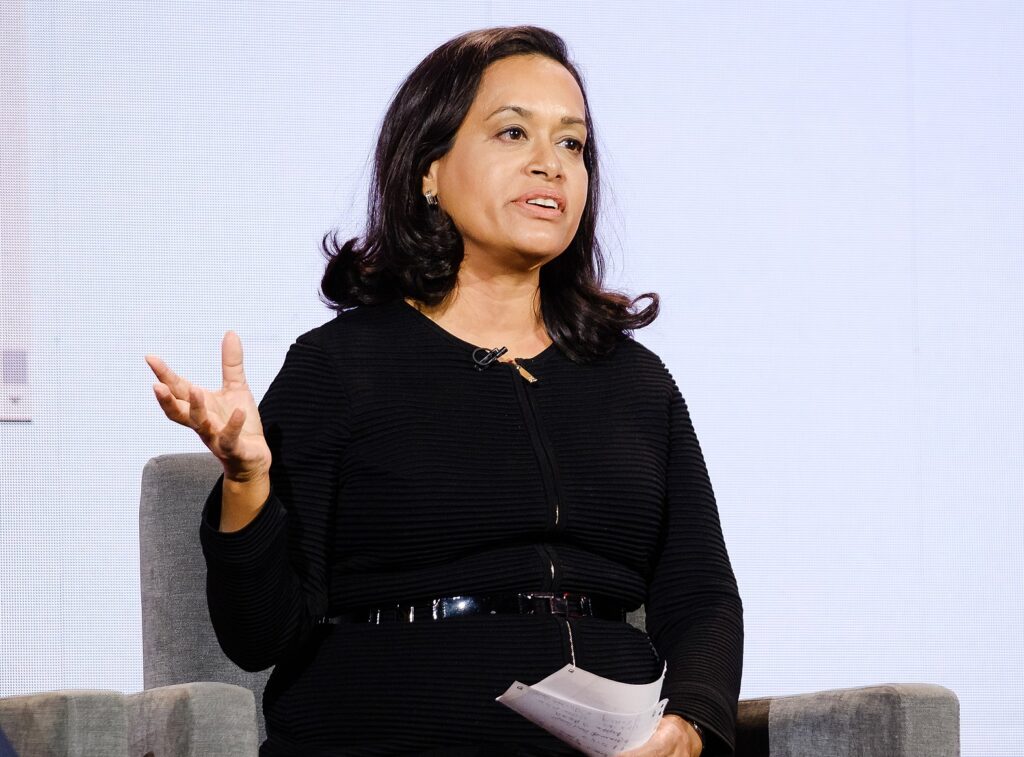For investment firms like venture capital, private equity, and asset managers, content marketing is an essential aspect of modern marketing.
In order to attract and establish trust with potential startups, portfolio companies, and institutional investors, content marketing is crucial. These entities are essential to the success of investment firms as they help firms grow and manage their investments successfully.
Increasing deal flow
One of the primary benefits of content marketing for investment firms is attracting potential startups. By producing and sharing high-quality content that is relevant and valuable to startups, investment firms can position themselves as thought leaders in their respective fields.
This helps establish their brand and generate interest among startups who are looking for investment opportunities. Investment firms can use a variety of content formats, including blogs, videos, webinars, and infographics to showcase their expertise and provide startups with valuable insights and advice.
Supporting portfolio companies
Another benefit of content marketing for investment firms is building trust with portfolio companies. As investment firms work closely with portfolio companies, it’s crucial to maintain open and transparent communication to build strong relationships. Content marketing can help facilitate this communication by providing regular updates and insights into the investment firm’s strategies, goals, and progress. By sharing information that is relevant and valuable to portfolio companies, investment firms can build trust and establish themselves as reliable partners.
Attracting Institutional investors
Institutional investors are another critical target audience for investment firms, and content marketing can play a key role in attracting their interest. Institutional investors are looking for reliable and trustworthy investment opportunities, and content marketing can help investment firms demonstrate their expertise and establish themselves as credible partners. Investment firms can use content to showcase their investment strategies, performance records, and thought leadership in the industry. This helps build confidence and trust among institutional investors and encourages them to consider investing in the firm’s investment fund.
Strengthening online presence
In addition to attracting potential startups, portfolio companies, and institutional investors, content marketing also helps investment firms create a strong online presence. With the rise of digital marketing, investment firms need to have a strong online presence to reach their target audience and stand out from the competition. Content marketing provides investment firms with a platform to showcase their brand, expertise, and thought leadership, which helps establish their online presence and reach a wider audience.
Establishing thought leadership
Finally, content marketing is an effective way for investment firms to educate their target audience and demonstrate their expertise. By producing and sharing educational content, investment firms can help potential startups, portfolio companies, and institutional investors understand the complexities of the investment industry and make informed decisions. This helps investment firms establish themselves as trusted advisors and positions them as valuable resources for their target audience.








































